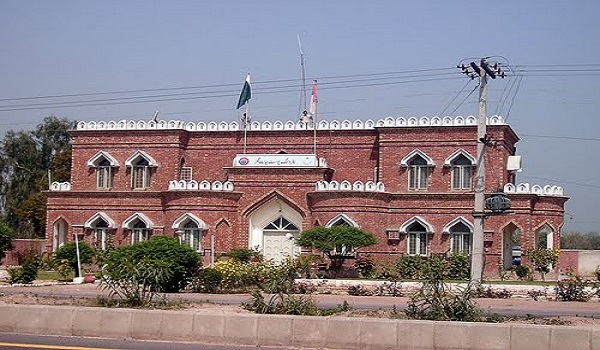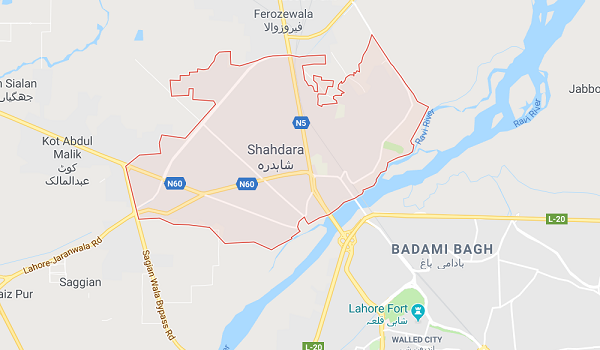Lahore: The China-Pakistan Economic Corridor (CPEC) has helped increased Pakistan’s Gross Domestic Product (GDP) since its launch, a news source has quoted a report aired on the China Global Television Network (CGTN).
Read: Govt targets 5.4% growth for next five years
The official data, confirming this finding, states that the country’s GDP has jumped from 4.4% to 5.7%. It has revealed that between the years 2013 and 2018, the megaproject led to the creation of 70,000 direct jobs for Pakistanis.
The corridor spans from Kashgar in China to Gwadar in Pakistan. As per sources, it has enabled enhanced connectivity in the country through its networks of railways, highways, optical cable, and pipeline linkages. Both countries expect the project to link the Silk Road Economic Belt in the north with the 21st century Maritime Silk Road in the south. Through this connection, CPEC will offer Pakistan an opportunity to become a transport hub for South Asia, Western China, Central & Western Asia, and the Middle East. It will facilitate better communication through its infrastructural, industrial cooperation and energy developments, and the Gwadar port construction.
The following major CPEC initiatives are currently underway in Pakistan:
- Generation of energy with Port Qasim coal-fired power plant
- Upgradation plan of the Karakoram Highway (KKH)
- Gwadar International Airport
The coal-fired power plant will have the capacity to produce nine billion units of electricity for around four billion households in the country, making it a pioneering effort. The upgradation of KKH (or ML-1) will promote connectivity, improve lives of the people resident in the area, and boost the local economy. The Gwadar International Airport, on the other hand, will connect the port city with the rest of the world.
Read: Pakistan, China plan to expand CPEC
The federal government plans to establish CPEC’s Special Economic Zones (SEZs) after improvements in the infrastructure for power, energy, and transportation are realized. As per reports, the finance ministry is already engaged in locating companies interested in investing in these zones.








